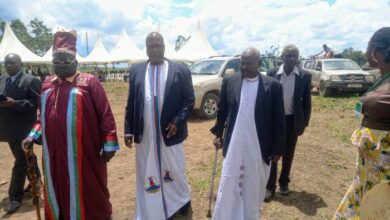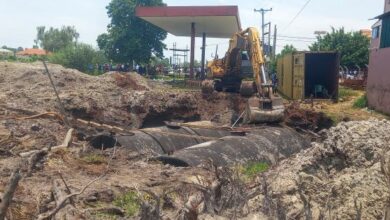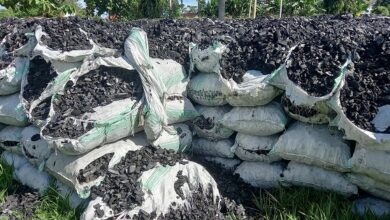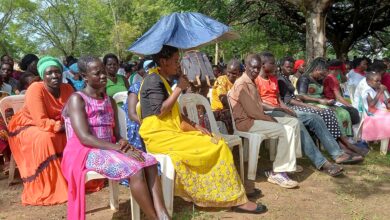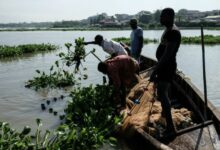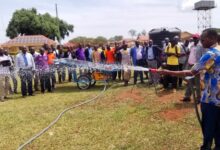Nature Uganda launches research study to conserve endangered wildlife
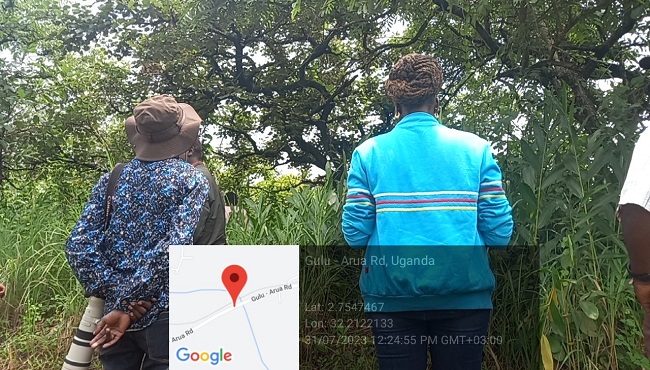
GULU – Little is still known about Northern Uganda and its biodiversity, according to herpetologists who say there is a need to conserve the endangered rare wildlife species in the region.
Dr. Achilles Mathias Byaruhanga, the herpetologist and principal investigator at Nature Uganda in an interview with theCooperator on Monday said not much data exists on the biodiversity in the region.
“The region has no record of its herpetology which is the study of reptiles and amphibians involving rare wild species like snakes, turtles, chameleons, and frogs among others.”
According to data from Nature Uganda, the country constitutes about 22 percent of the world’s amphibians and 19 percent of reptilian species.
Data further shows distribution of both amphibians and reptiles is concentrated in central and western parts of Uganda while the northern and eastern regions remain undocumented.
Byaruhanga said unless the study is conducted, conservation of both amphibian and reptilian wildlife species in the northern region will remain challenging as they move towards extinction.
He noted that the region is losing its natural ecological balance to pests and parasites which have turned invasive to farmlands destroying crops, hence affecting food security.
The reptiles, according to him, can act as a natural control measure for the rats and other rodents in natural balance, before they can turn invasive to farmlands.
He said records in the country on amphibians and reptiles show about 5,000, adding that the research study could increase the number.
He said Nature Uganda with support from JRS Biodiversity Foundation has committed US$ 256,446 [over Shs 930 million ] for herpetology research projects in the region.
The baseline herpetology survey for increasing the data knowledge in the region for the targeted wildlife species kicked off and concluded on Monday at Gulu University with the capacity building of researchers.
At least 63 teams of researchers have been dispatched to the region. The researchers include 10 science students doing Masters Programmes at Gulu University, and others from Muni University, and Mbarara University of Science and Technology.
Other people involved in the research study include 20 research assistants, 43 rangers from the Uganda Wildlife Authority who will have to study the behaviors, geographic ranges, physiologies, development, and genetics of these wild species.
On Monday, the team visited Tochi water catchment area which is a habitat for different wildlife species before proceeding to Opidi Local Forest Reserve in Nwoya and Awer Stream in Amuru district.
The areas mapped out for the study project among others include, Zoka Forest in Adjumani D, River Nile, Agoro Hill in Lamwo, Aswa River, River Unyama with several tributaries and wetlands.
Data collection is expected to be concluded in January 2024 while the research study project will be completed in August of the same year.
Meanwhile, the Dean of Faculty Agriculture, Gulu University Dr. Collin Okello commended the collaboration aimed at conserving the endangered wild species in the northern region.
Okello noted that the increasing attack on the environment by humans has perpetually reduced habitats for the rare wild species, exposing them to the threat of extinction.
One of the researchers, Collins Acile was hopeful that the project will adequately equip him with nature conservation skills.
He added: “Biodiversity in the northern region is being ruined by human activities but we couldn’t respond to these emerging threats to save these animals due to insufficient data which we hope to establish from the study.”
Buy your copy of thecooperator magazine from one of our country-wide vending points or an e-copy on emag.thecooperator.news

